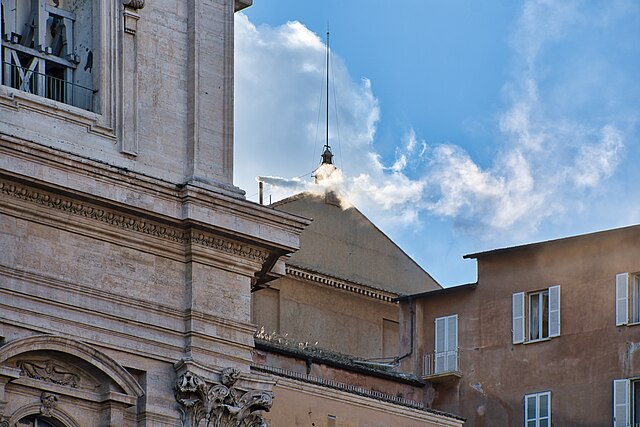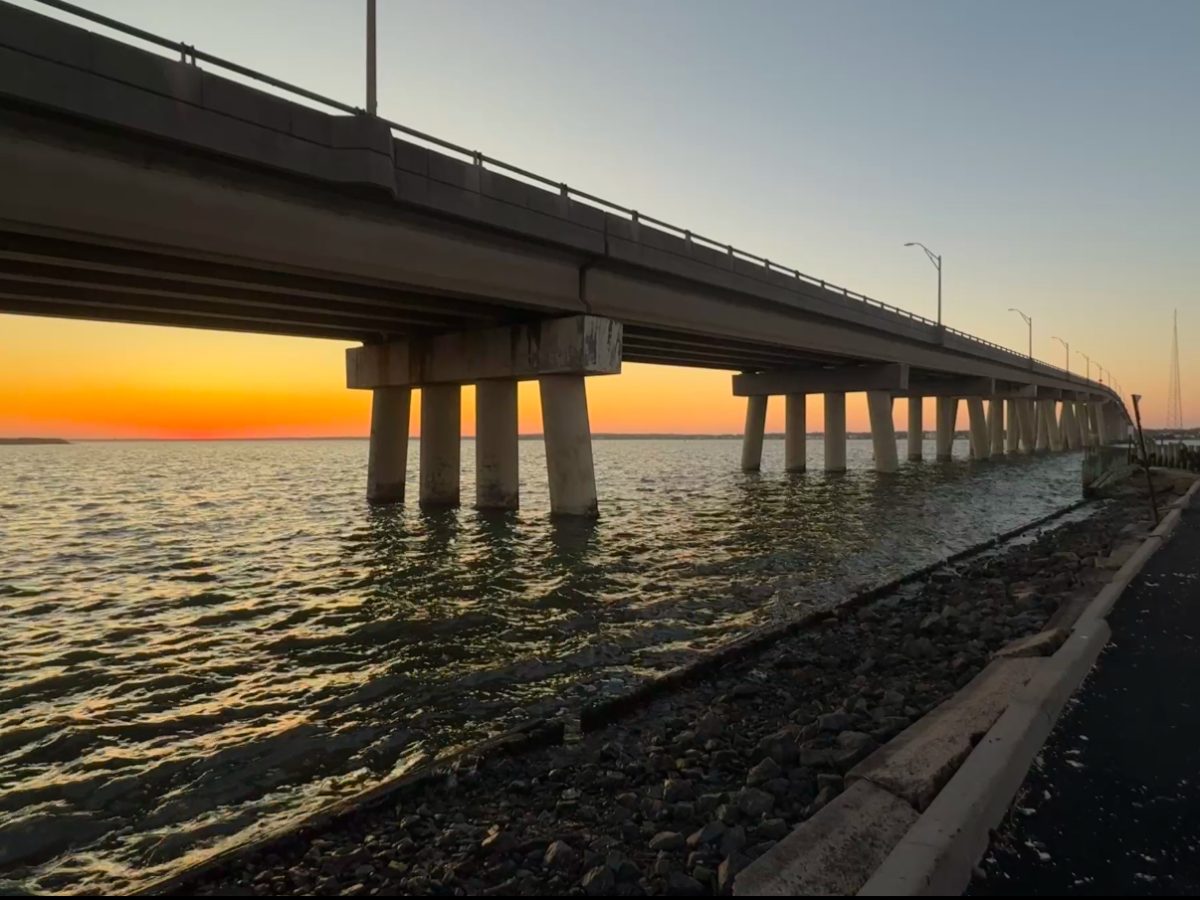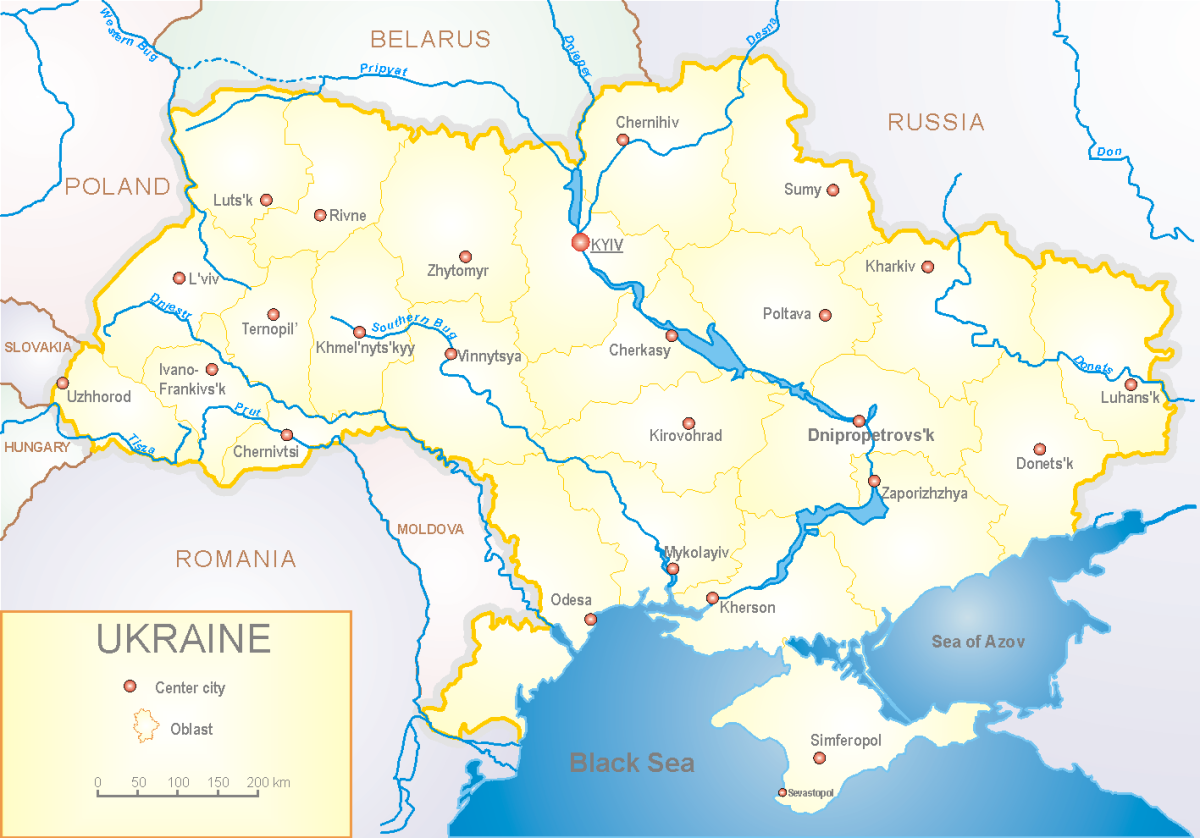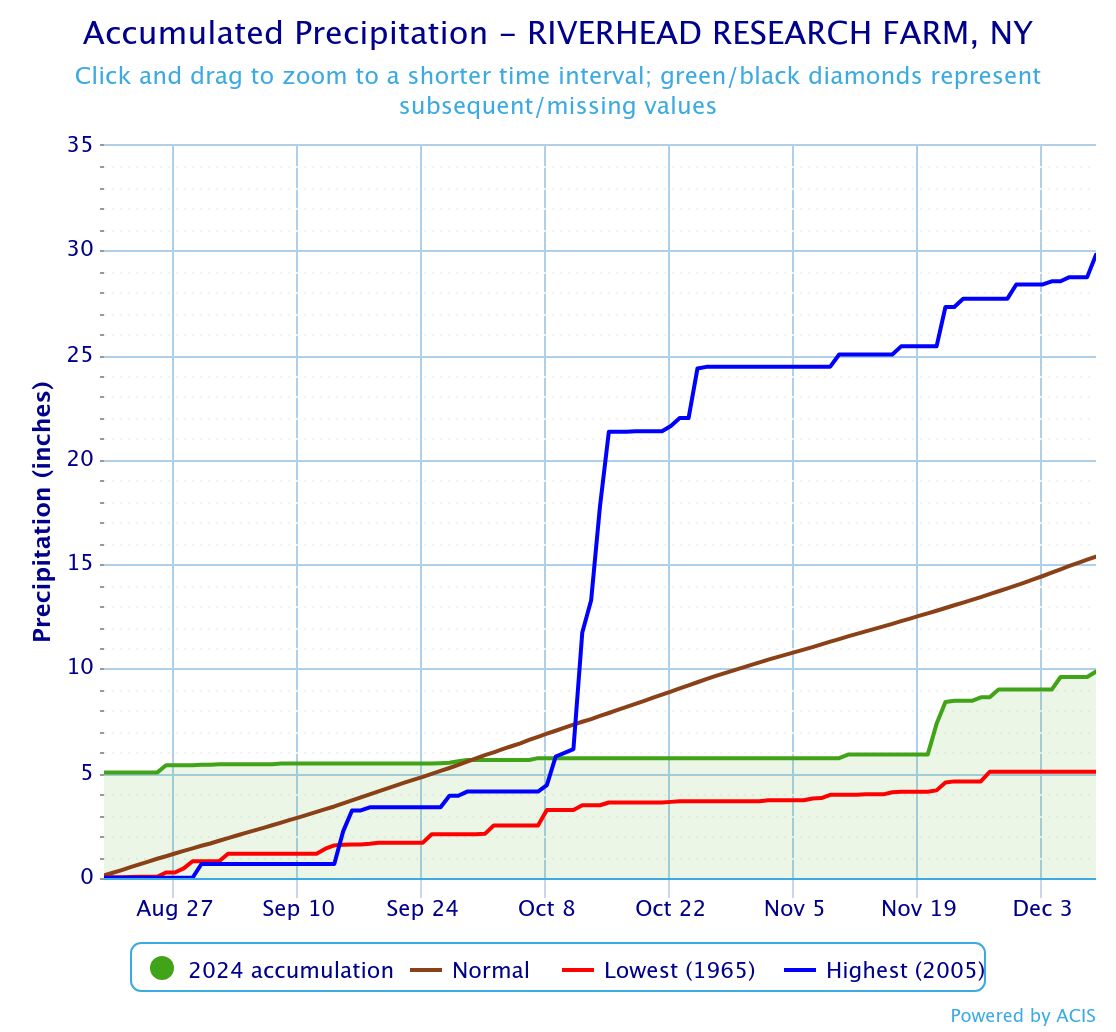At 9:47 local time the morning after Easter, Cardinal Kevin Farrell appeared on a Vatican City news broadcast to announce the death of one of the faith’s most prominent leaders, Pope Francis.
His official death declaration published by the Vatican describes his death as occurring at 7:35 that same morning, caused by stroke, coma, and irreversible cardiovascular collapse. In his brief broadcasted announcement, Cardinal Farrell said of Francis: “He taught us to live the values of the Gospel with fidelity, courage and universal love, especially in favour of the poorest and most marginalized.”
Pope Francis was 88 years old and had held his position for 12 years. His passing was followed by an outpouring of condolences from people around the world, including Catholics, Christians of other denominations, and non-Christians alike. Former U.S. president Joe Biden (who is Catholic) called him “a light of faith, hope, and love” in a statement on X, while Nigerian president Bola Ahmed Tinubu (who is Muslim) said, “I join the Catholic faithful and Christians worldwide in mourning the passing of Pope Francis, a humble servant of God, tireless champion of the poor, and guiding light for millions.” Bishop John Barres, the head of Rockville Centre Diocese (a district that oversees all of Long Island’s Catholic parishes), released a statement the day of Pope Francis’s death. He paid tribute to Pope Francis’s “commitment to the freshness of the Gospel” and his “passionate love for the Church and the world.”
The global response to Pope Francis’s passing is a reflection of his attention to the worldwide Catholic Church and international issues. He was the first pope from Latin America, and the first non-European pope since Gregory III from modern-day Syria, who died in 741. Beginning in 2021, he launched an initiative at the Vatican to survey dioceses around the world in order to gather input on what issues mattered most to Catholics. This initiative, known as the Synod of Synodality, lasted until 2024 and has been called “the culmination of Francis’ papacy” by the New York Times. It marked the first time women were allowed to vote in the Synod of Bishops since it was established in 1965.
Francis was a pope of many firsts. He was the first Francis, of course, but also the first to use scientific evidence in a major theological teaching document (he warned about climate change), the first Jesuit pope, and the first to not take a predecessor’s name since Pope Lando in 913. He expressed several beliefs that were unprecedented for the head of the Roman Catholic church–in 2013, he famously responded “Who am I to judge?” after being asked about a Vatican official who was rumored to be gay. He also made efforts for divorced Catholics to receive sacraments, when previously the Vatican considered people without a church-granted marriage annulment adulterers and thus unable to receive any sacraments. Both of these actions received heavy criticism from conservative Catholics, who saw them as heretical.
Perhaps, however, the most distinctive part of Pope Francis’s papacy was his concern for the most vulnerable of society: the poor, migrants, and refugees. His namesake, Saint Francis of Assisi, is the patron saint of the environment and lived his life in a vow of poverty. Similarly, Pope Francis was known for his simple fashion and rejection of materialism, which made him stand out from his predecessors. Pope Francis saw climate change and global poverty as interlinked issues, where rich countries carelessly took advantage of poorer countries. He also publicly opposed actions by Western countries to keep out and deport migrants; in February, he called President Trump’s plans for mass deportation “a disgrace” and wrote an open letter to U.S. bishops warning against implementation of such plans. Such outspokenness did not evade criticism. Trump’s “border tsar” Thomas Homan, himself a Catholic, responded to Pope Francis’s words: “He ought to focus on his work and leave enforcement to us. He’s got a wall around the Vatican, does he not?”
Francis’s spiritual testament, released after his death, was another break from tradition. In the document, which was dated June 29, 2022, he requested to be buried in a “simple” tomb, “without particular ornamentation, and bearing only the inscription: Franciscus.” In accordance with these wishes, he was buried in a simple lead-lined wooden coffin rather than the traditional three coffins of cypress, lead, and elm. He had also requested to be buried in the Basilica of Saint Mary Major and became the first pope in over a century to be buried outside the Vatican.
The College of Cardinals convened on May 7 to hold a conclave by which the next pope would be elected. The college was the most ethnically diverse in the history of the Roman Catholic Church, with 80% of the cardinals having been appointed by Pope Francis himself. This was intentional on his part to shift power away from Europe, where Catholicism is in decline, and toward places where it is thriving, such as Latin America, Asia, and Africa. During the conclave, cardinals isolate themselves in the Sistine Chapel to avoid outside influences on the voting process. Cell signals are jammed, guards are mobilized, and anti-drone systems are activated, for any interference would jeopardize the integrity of the election. The only communication with the outside world during a conclave comes in the form of the smoke signals from the burned ballots that tell onlookers whether or not a vote was conclusive; black smoke if no two-thirds majority was reached, white smoke if one was.
After four ballots and nearly 24 hours of deliberation by the cardinals, white smoke billowed from the Sistine Chapel’s chimney–to the excitement of the crowd at Saint Peter’s Square and Catholics around the world. A short time later, the cardinal protodeacon emerged on the balcony of Saint Peter’s Basilica to declare “habemus papam” (“we have a pope” in Latin): Robert Francis Prevost was the new pope, and he was to be called Leo XIV.
In the wake of this announcement, news outlets and social media users alike expressed surprise; Prevost had not been considered one of the front-runners, in no small part due to the fact he is American. Vatican officials have expressed several times that they would rather not have an American pope because of the tremendous influence the United States already has on the global stage. Pope Leo is from Chicago, but he has served as a missionary and a bishop in Peru for many years, and holds dual citizenship with the United States and Peru. Americans and Peruvians alike celebrated his election. In a post on X, Chicago mayor Brandon Johnson called Pope Leo’s election “one of the biggest moments in the modern history of our city,” while Latina Noticias, which is one of the major national television networks in Peru, proclaimed: “‘The Pope is Peruvian!’”
Not much was widely known about Pope Leo XIV before his election, but since, he has made a few statements that offer an idea of what his approach to the papacy will look like. On the official papal X account, he has shared calls for peace in the world and fraternity among people of all religions, sentiments shared by his predecessor. Several news outlets have described him as a moderate in the Vatican. After he was elected, news outlets reported that he is not registered to any political party in the United States and has voted in both Republican and Democratic primaries.
Also like his predecessor, Leo XIV is notable for some of his firsts–namely, he is the first American pope and the first Augustinian pope. According to Matteo Bruni, the director of the Holy See’s Press Office, Prevost’s choice to take the name Leo was a direct reference to Pope Leo XIII, who was pope during the Industrial Revolution of the late 19th century and who established Catholicism’s modern social doctrine. Cardinal Fernando Chomalí further elaborated that Pope Leo XIV’s choice of name was likely spurred by his concern about “cultural shifts” caused by new technology like artificial intelligence and robots.
At this moment, it seems that Pope Leo XIV’s approach to the papacy will reflect Pope Francis’s dedication to world peace and building bridges with other religions. At the same time, Leo XIV is addressing new issues relating to humanity in the age of artificial intelligence. Catholics around the world are looking forward to this new era of the pontificate, which is likely to be long-lasting, since Pope Leo XIV is only 69.




